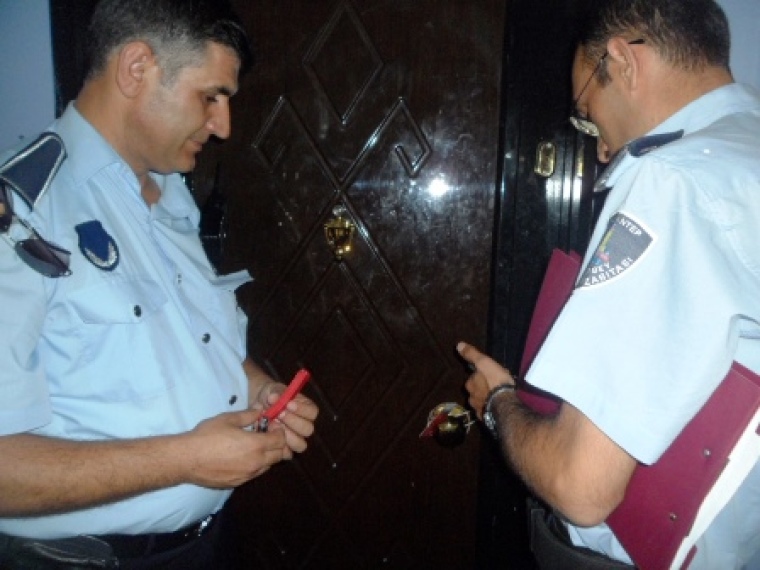

Turkish authorities have sealed a Protestant church in Southeast Turkey and ordered its American pastor fined and deported on charges of "working illegally."
Lawyers filed a court appeal Sept. 26 to postpone the deportation, protesting what Turkey's Association of Protestant Churches called an "absolutely arbitrary" ruling against the Gaziantep congregation and its foreign pastor.
Local police officials sealed the premises of the New Life Church on Aug. 28. Just over two weeks later, on Sept. 14, they detained its pastor, Patrick Jensen, with order from Turkey's Interior Ministry to deport him immediately.
A U.S. citizen living in Gaziantep since 2005, Jensen was ordered to pay 3,043 Turkish Lira (US $1,350) for violating Law No. 5326 of the Turkish labor laws, which require a work permit for legal employment status. He declined to pay the fine, contending he was a volunteer serving in the church, which he said an inspection board under the Labor Ministry had mistakenly classified as a place of business.
After inquiries by Jensen's lawyer the day after his arrest, the pastor signed a document permitting his deportation order to be appealed to Gaziantep's Administrative Court.
Jensen was held for 30 hours, then allowed to return home while his case is pending. But his Turkish residence permit, valid through November 2015, was cancelled, with a temporary 30-day permit issued until the court rules on his appeal, which will be conducted by legal briefs, not oral argument.
Jensen started the small Protestant congregation nine years ago, when he and his family moved to Gaziantep. Between 30 and 40 adults attend the Turkish worship services each Sunday, he said.
"The authorities' attitude toward us has changed in the last six months," he told World Watch Monitor. "It seemed we were being viewed negatively, as if we were enemies. Some pressure is being put on us, although our open presence and activities here had not been an issue before."
Without any other options for a place of worship, the church group has met informally in a park for several Sundays, and then in private homes.
The fledgling congregation has not yet applied for official status as an association, which is the only legal option open to register new Christian congregations.
"Foreign clergy are experiencing problems with work permits," General Secretary Umut Sahin of the Association of Protestant Churches told Agos newspaper after the Gaziantep church was sealed. "It is not clear according to which criteria they say yes or no. Currently only four Protestant church leaders have been able to obtain this visa status."
Despite an estimated 5,000 Protestant Christians meeting in 120 small congregations in Turkey, the state prohibits institutions for the theological training of their clergy. The same ban prevents the traditional Orthodox, Armenian and Syriac communities from opening seminaries for their local priests and church workers.
"So new faith groups, particular those who are small and relatively new, need foreign clergy," Mine Yildirim, head of the Norwegian Helsinki Committee's Freedom of Belief Initiative Project in Turkey, told Agos. "However, there is no open, simple and clear way to bring these people here officially. As a result...with whatever excuse, officials can easily punish people, marginalizing them by calling them illegal workers."
World Watch Monitor reports the story of Christians around the world under pressure for their faith. For more visit www.worldwatchmonitor.org